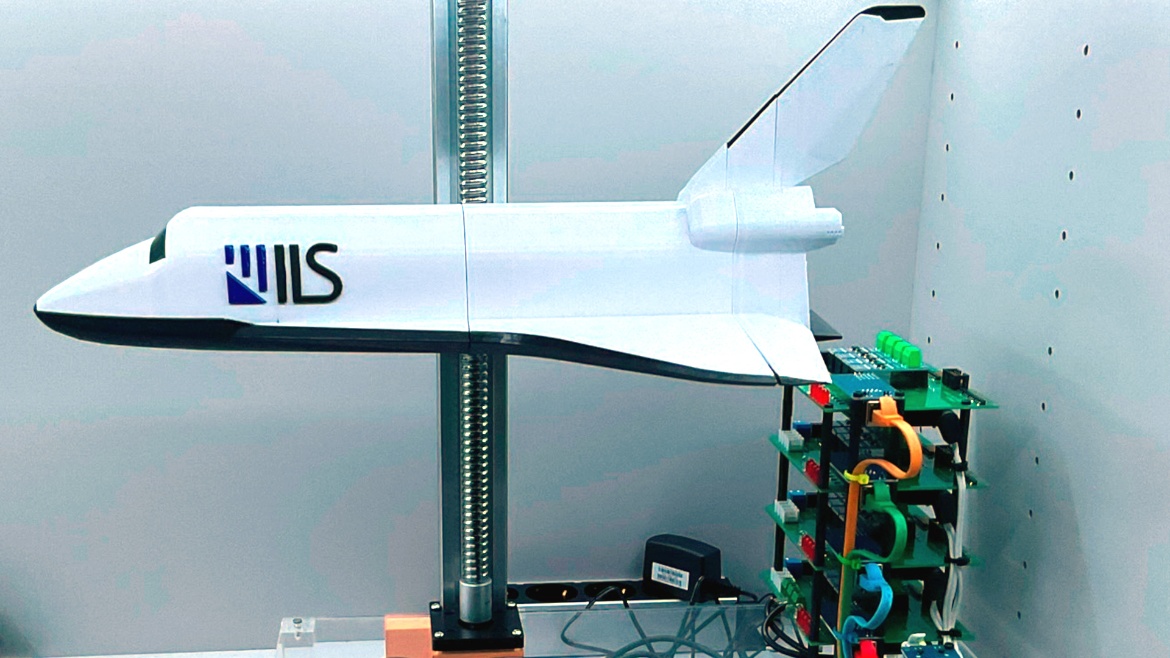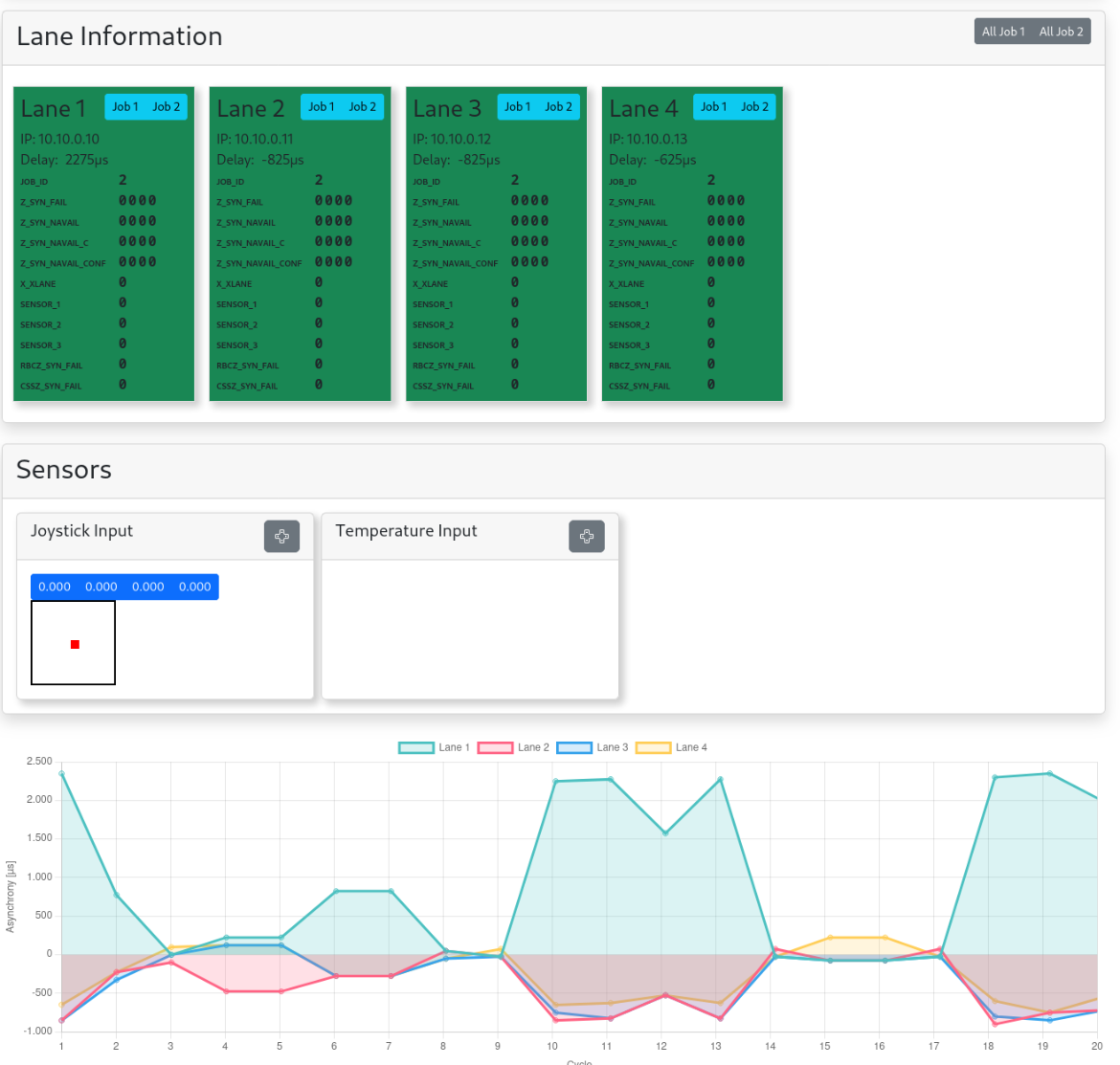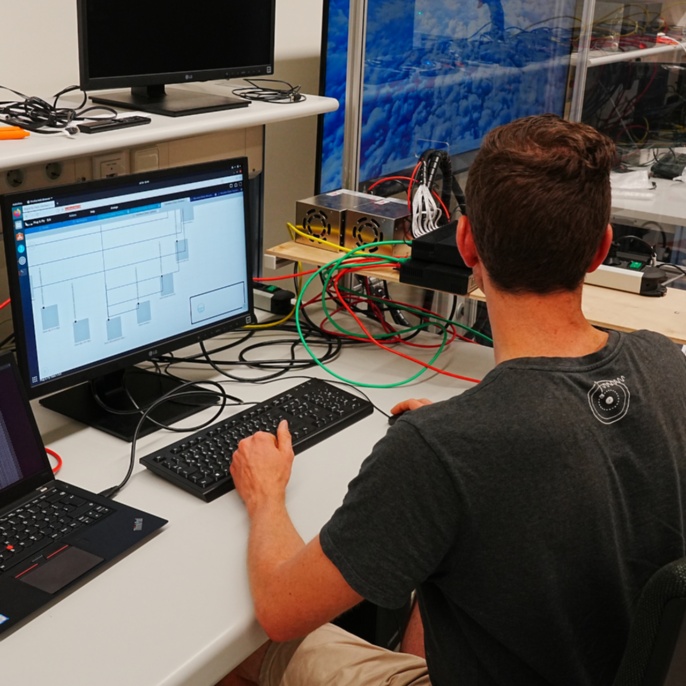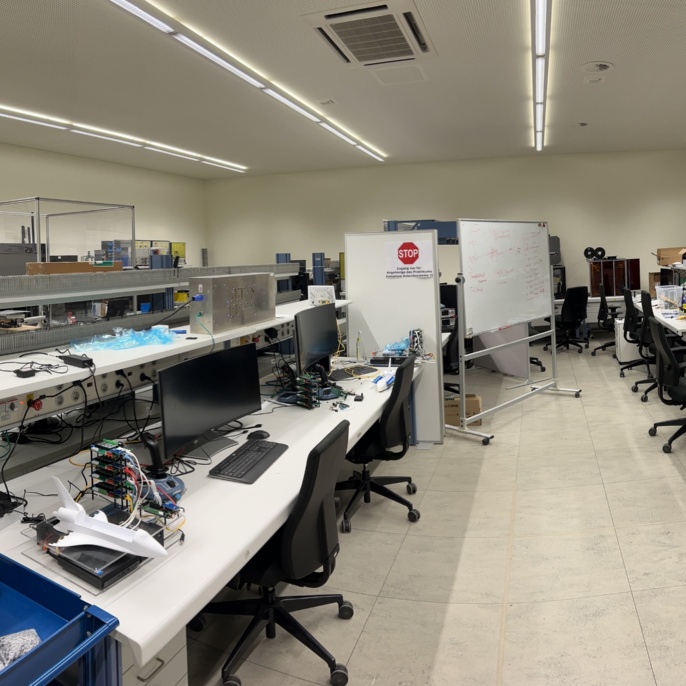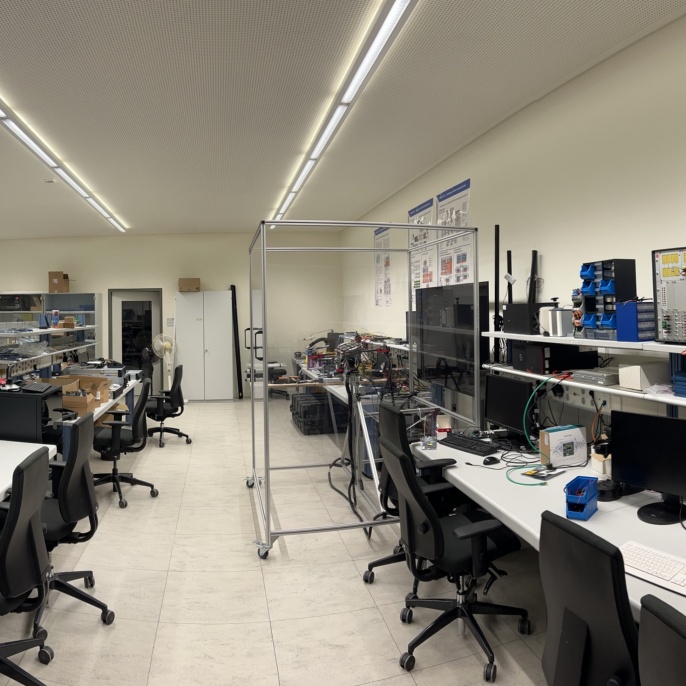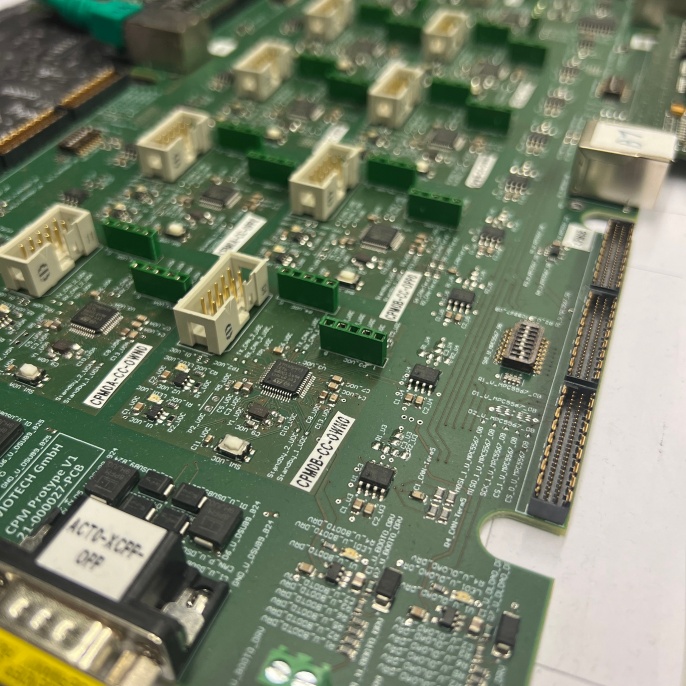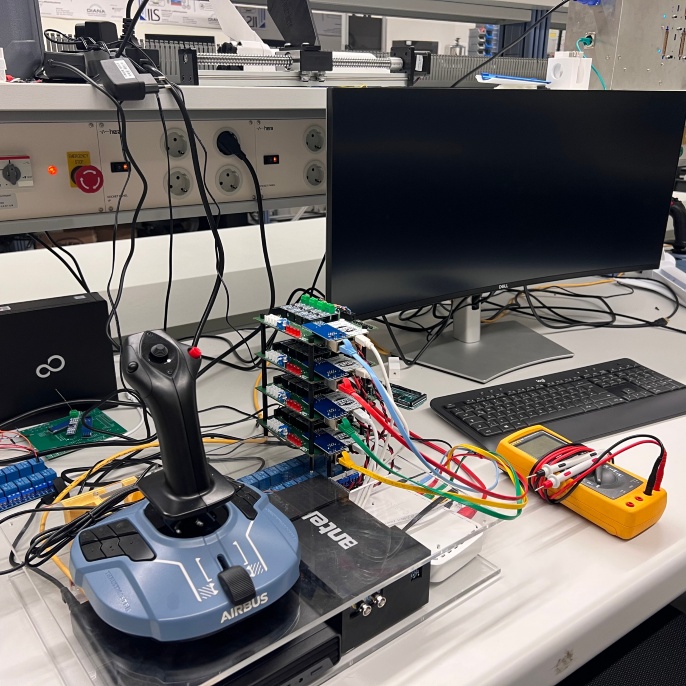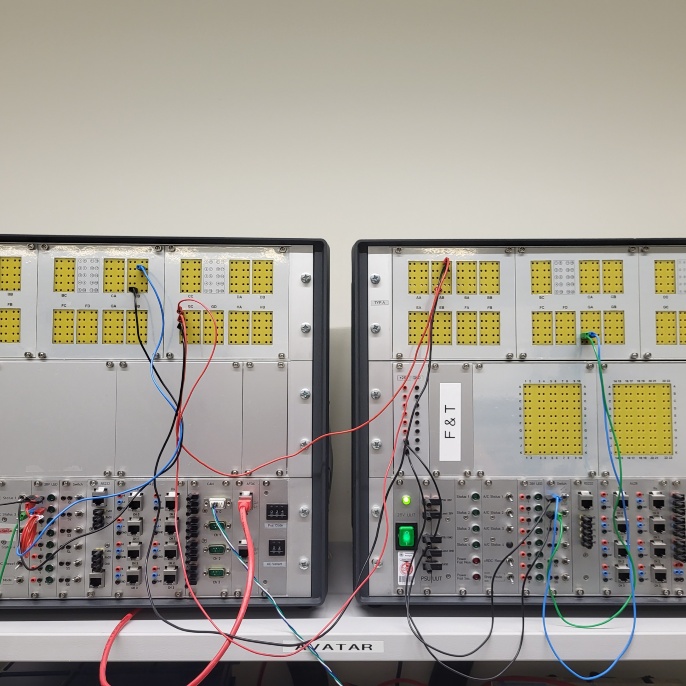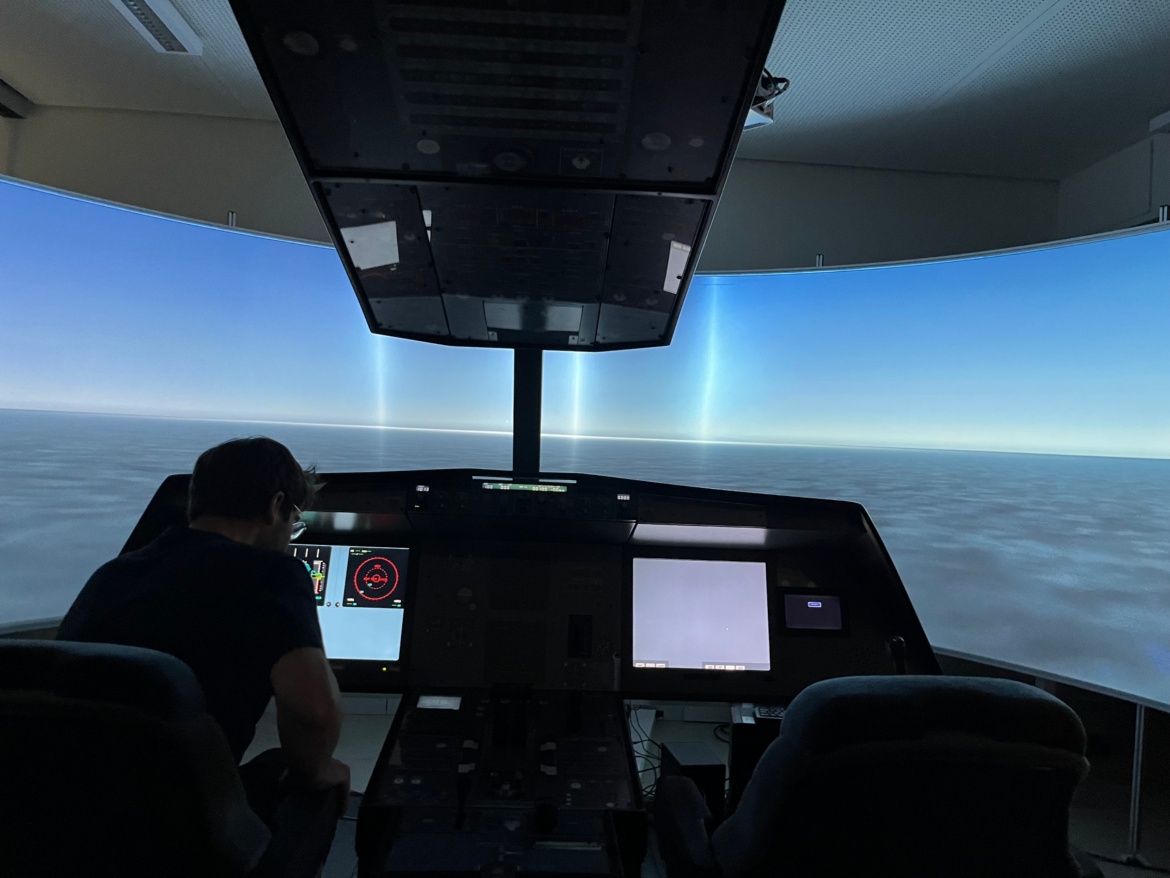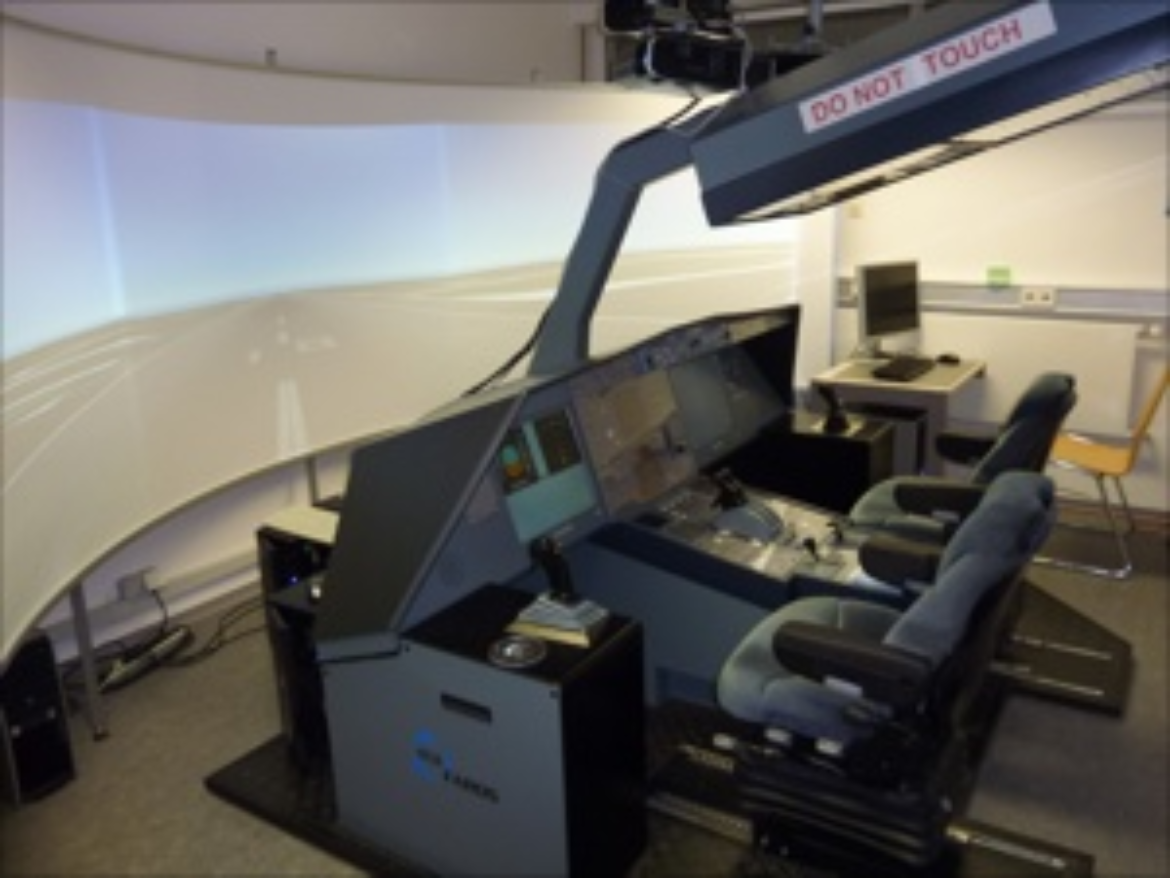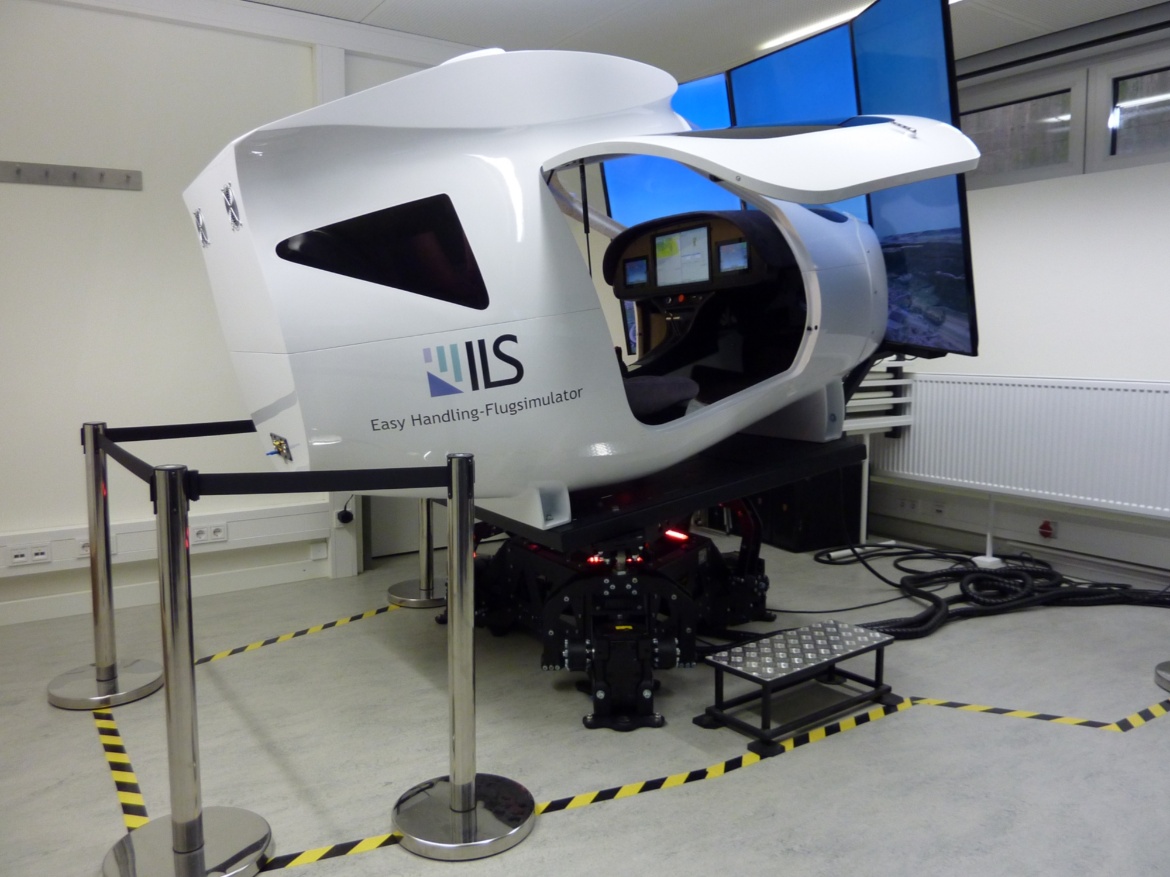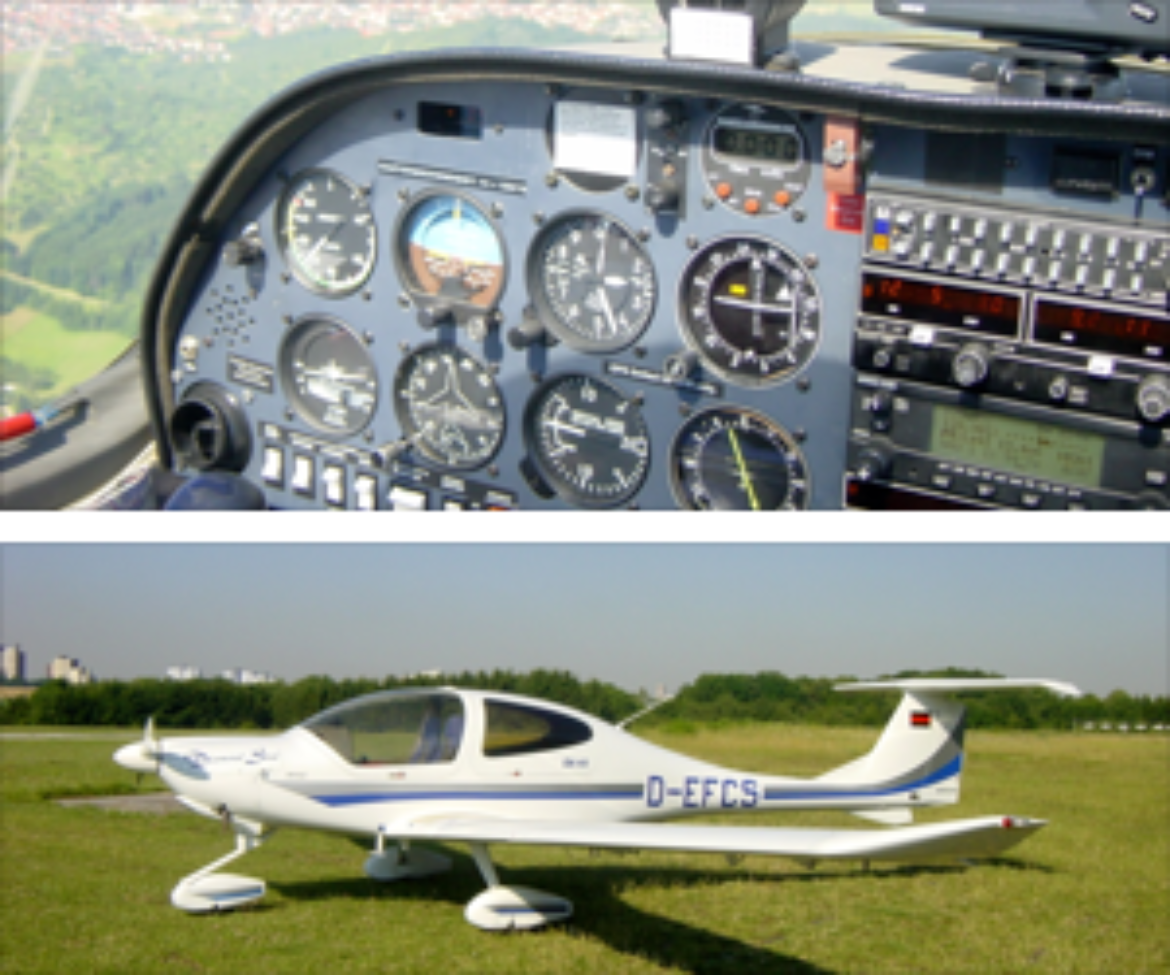The Institute of Aeronautical Systems has two avionics laboratories where both students and research staff conduct research. Diverse work areas on the topics of Flexible, Adaptive, and Integrated Modular Avionics enable a broad spectrum of knowledge and research areas. This is highly appreciated in projects with industrial partners. The laboratories are extended by the flight simulators. Our technologies are used to enable safe and easy flying. With our two aircrafts they are also tested in practice. Thus, the complete development path from design to prototyping and demonstration is covered.
Avionics laboratory
ILS has two avionics laboratories where both research and teaching are conducted.
Teaching:
A Quadoino setup allows students a hands-on understanding of avionics behavior as well as its development. Students can remotely operate the hybrid lab and see the effects of the configuration.
Research:
Any type of avionics platform is available to the research staff to work on the research areas:
- Adaptive Avionics
- Flexible Avionics
- Integrated Avionics
Demonstrators have been developed to put the knowledge gained into practice. These are demonstrated to partners, customers and students.
A320 Autoflight- and Cockpit-System-Simulator
The Institute of Aviation Systems has an A320 flight simulator equipped with an FMGS (Flight Management & Guidance System) certified for pilot training. The simulator is used for teaching purposes within the lecture "Autoflight and Air Traffic Management". The students use it to train flight preparation and operation of the Autoflight system, as well as the associated flight execution.
Among other things, the focus is on introducing students to the interdisciplinary HMI problem (HMI: Human-Machine-Interface), which is becoming an important topic for aeronautical engineers due to the introduction of data-based "Air Traffic Management" as part of the SESAR and NextGen research programs.
Easy Handling Flight Simulator
In order to validate novel HMI (Human-Machine-Interface) and flight control concepts, a simulator is needed that stimulates the different levels of perception as extensively as possible. Against this background, a prototype flight simulator was set up at ILS to validate the Easy Handling Control concept.
The simulator reproduces the flight characteristics of the DA40-V1 aircraft identified in the flight test. The integrated touchscreen controllers enable efficient evaluation of new operating concepts, such as those that are becoming increasingly important in the context of future Personal Air Vehicle (PAV) applications.
DA40-V1 research aircraft
The Flexible Platform provides an efficient basis for fly-by-wire systems and thus for the Easy Handling Control System for general aviation aircraft. The ILS operates a Diamond DA40-V1 research aircraft for the practical testing of these approaches. The scaffolded measurement platform allows comprehensive measurement and test flights to be carried out and at the same time enables students to deepen their knowledge of engineering studies in a practice-oriented manner. Thus, in the course of the Flight Measurement Technology seminar, students acquire not only the theoretical fundamentals of measurement quantity acquisition and measurement data synchronization, but also practical knowledge for planning and carrying out a flight measurement campaign.


